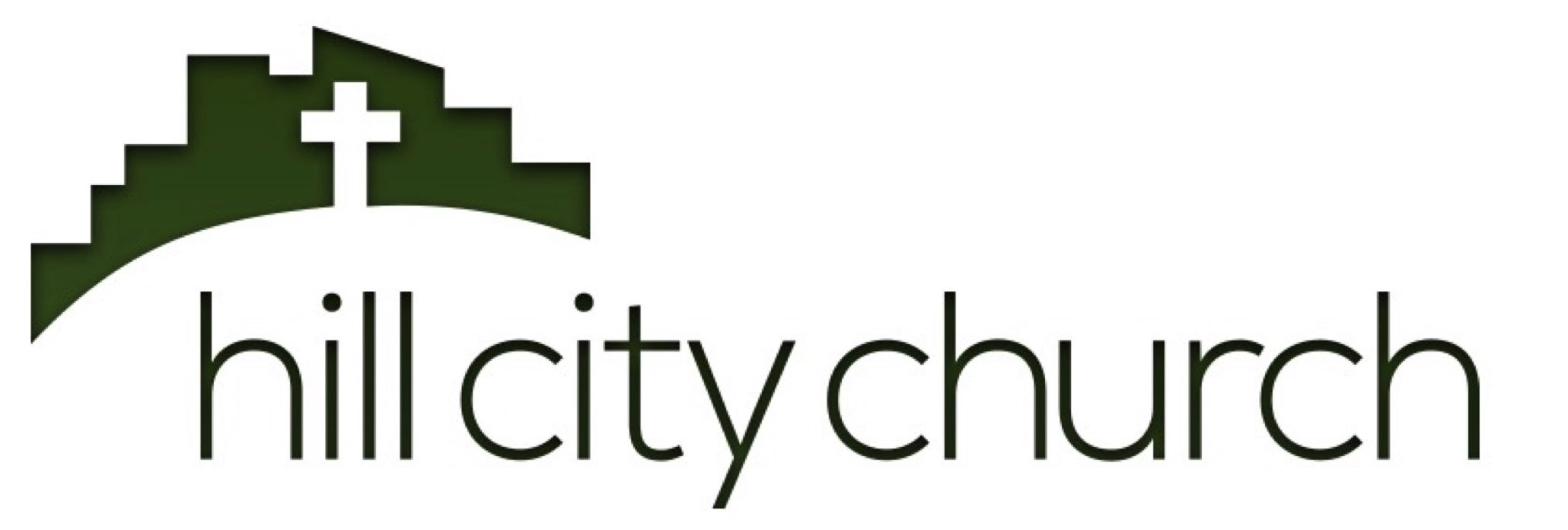 Following our week of prayer and fasting at the beginning of the year we had a request for some teaching about how to pray and fast to be made available online. Here are some thoughts on prayer and fasting by Sophie Toovey.
Following our week of prayer and fasting at the beginning of the year we had a request for some teaching about how to pray and fast to be made available online. Here are some thoughts on prayer and fasting by Sophie Toovey.
Fasting shows us we need prayer (and ultimately, God!) more than we need food.
When you fast, it’s amazing how quickly your body just craves food. You feel such a powerful hunger. It’s why fasting is so hard! But this hunger is a strong reminder to us that actually, we need prayer and we need God more than we even need food. We don’t often feel how strong our need for prayer is. Fasting gives us a very strong reminder: if this is how I feel when I go without food, how can I think I can ‘get by’ without prayer? Jesus made this link when He was tempted in the desert. He was fasting, and the devil tempted Him to turn the stones into bread. His response was: ‘Man shall not live on bread alone, but on every word that comes from the mouth of God.’ (Matt 4:4) We get so distracted on our physical needs that we forget our spiritual needs. Fasting is an exercise which quickly reminds us of our need for God and of our human weakness.
Fasting reveals our idols.
Here in the West, we take many things for granted: like three meals a day! Fasting – or perhaps, our lack of it- reveals our idols of comfort, food, and our entitlement mentality (‘it’s my right to get three square meals a day. How can I cope without that?’). Our attitude towards fasting perhaps also reveals our tendency in this culture towards gluttony- using food for reasons other than nutrition and enjoyment to be shared together, but using it as a coping-mechanism, or over-indulging without a sense for that being a wrong use of our resources and of our bodies. Jesus says ‘For where your treasure is, there your heart will be also.’ (Matt 6:21) If you feel very antagonistic towards fasting, it may be good to ask yourself why. I need to ask myself this too! Am I treasuring food more than I am treasuring Christ?
Fasting is an expression of a heart desire to seek the Lord.
The Bible is really clear that God is not interested in a legalistic kind of fasting (see Isaiah 58). If we’re not serious about seeking Him and doing His will, going without food isn’t really going to be a meaningful exercise, or a spiritual discipline. But there are plenty of Scriptural examples of where fasting comes with a time of earnest prayer to seek the Lord, often at a time of penitence and desperation (Joel 1, Nehemiah 1, Psalm 35). It’s not about twisting God’s arm or ‘if I fast then God will give me what I want/ grant my prayer request’, but it is about humbling ourselves and getting our hearts right before God (see Daniel 9). On a practical level, simply not making three meals a day (and therefore not buying/preparing food/cleaning up) frees up a lot of time to pray that on a normal day would not be available. On a deeper level, fasting says ‘I’m serious about wanting to seek God on this.’
Fasting expresses grief and a desperate need for God.
In Matthew 9, John’s disciples come and ask Jesus, “How is it that we and the Pharisees fast often, but your disciples do not fast?” Jesus replies, “How can the guests of the bridegroom mourn while he is with them? The time will come when the bridegroom will be taken from them; then they will fast.” We are in this time of living after Christ’s ascension and waiting for His return. We have times of blessing and feasting and celebration, but we also have times of suffering and mourning. The world is not all as it should be… yet. And so fasting is part of our experience of living as Christ’s followers in a world that is broken and desperately needs a Saviour. We should constantly be reminding ourselves of our own very desperate need for Him, and then feeling the sense of the desperate need of the lost around us for Him too. Fasting can be part of that humbling of ourselves to earnestly seek God on behalf of our communities and our nation, and our world. When Jesus returns, we know we will be going to an amazing feast in heaven (Matt 22, Revelation 19). But we’re not there yet, so to avoid fasting and serious grief over the crazy mess that sin brings into our lives and the lives of those around us shows an avoidance of truth and reality that isn’t very godly. We need to face it and seek the Lord together, just as Esther led the Israelites in doing or the King of Nineveh in the book of Jonah, and then we might really see amazing things as we seriously seek Him. ‘if my people who are called by my name humble themselves, and pray and seek my face and turn from their wicked ways, then I will hear from heaven and will forgive their sin and heal their land.’ (2 Chron 7:14)

